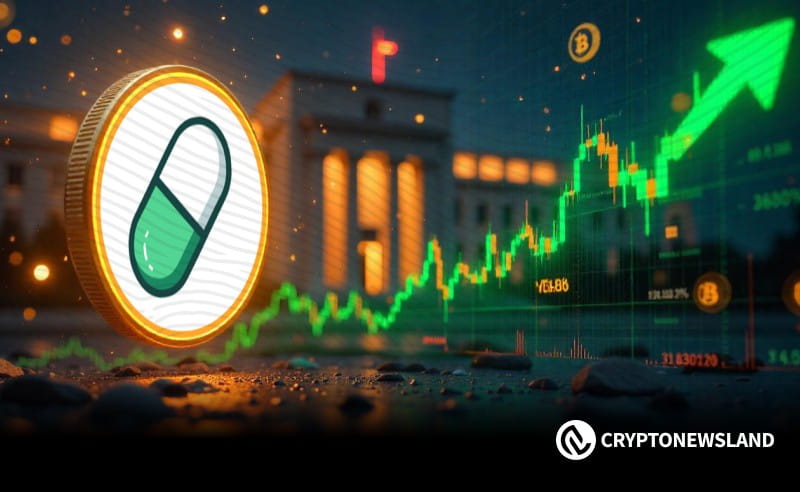
Pump.fun used over 118,000 SOL to buy 3 billion PUMP tokens in a 20 minute window to boost token value.
PUMP token saw a 13% rise in trading volume after listing on major exchanges including Coinbase and KuCoin.
Analysts raise concerns about PUMP token due to lack of utility and falling user activity on the Pump.fun platform.
On-chain data confirmed that Pump.fun transferred 187,770 SOL, worth over $30 million, to a buyback wallet. Out of this amount, 118,351 SOL was used to buy nearly 3 billion PUMP tokens. The average price per token stood at $0.0064. The buyback occurred within a brief 20-minute period, signaling urgency from the team.
The purchase temporarily pushed PUMP’s market capitalization to $2.4 billion. This figure overtook BONK’s market cap before BONK later reclaimed the lead. The transaction data was tracked by Lookonchain and has since sparked renewed attention on the token’s price movement.
https://twitter.com/spotonchain/status/1945299603248886192 Wider Exchange Listings Boost Access
Following a $500 million initial coin offering, Pump.fun launched its PUMP token across top crypto exchanges. The token became available on Coinbase, Bybit, KuCoin, MEXC, Bitget, and Gate. Hyperliquid enabled perpetual contracts with up to 5x leverage.
The availability of PUMP on major platforms has boosted its exposure. Spot trading and deposits are now supported across these exchanges. This expansion contributed to a 13.11% increase in 24-hour trading volume, based on CoinGecko data.
Buyback Initiative Targets Market Stability
Pump.fun’s buyback strategy is funded through fee revenue generated from its platform. The team sends these earnings to a designated wallet. Funds from the wallet are used to purchase PUMP tokens, which are then held in a separate address.
This approach reduces the circulating supply and may support the token’s price. The buyback followed a large-scale token sale, where 33% of the 1 trillion total supply sold at $0.004 per token. The sale raised $1.32 billion and valued the token at $5.97 billion.
Despite this, industry observers noted concerns. The project used its fee wallet to fund the buyback, which some interpret as a move to defend the token’s price amid market volatility.
Token Faces Utility and Engagement Questions
The PUMP token lacks utility features commonly seen in other cryptocurrencies. It does not grant governance rights or share in platform revenues. Its main function remains branding the Pump.fun platform, which has led to criticism from analysts.
Despite the buyback and price surge, doubts persist over its sustainability. User activity on the platform has declined. Market share has also dropped in recent weeks. Critics argue that buybacks provide temporary relief but do not solve the issue of real-world use or investor interest.
PUMP’s market cap currently stands at $2.11 billion. While momentum remains, long-term value depends on future engagement and utility development.




